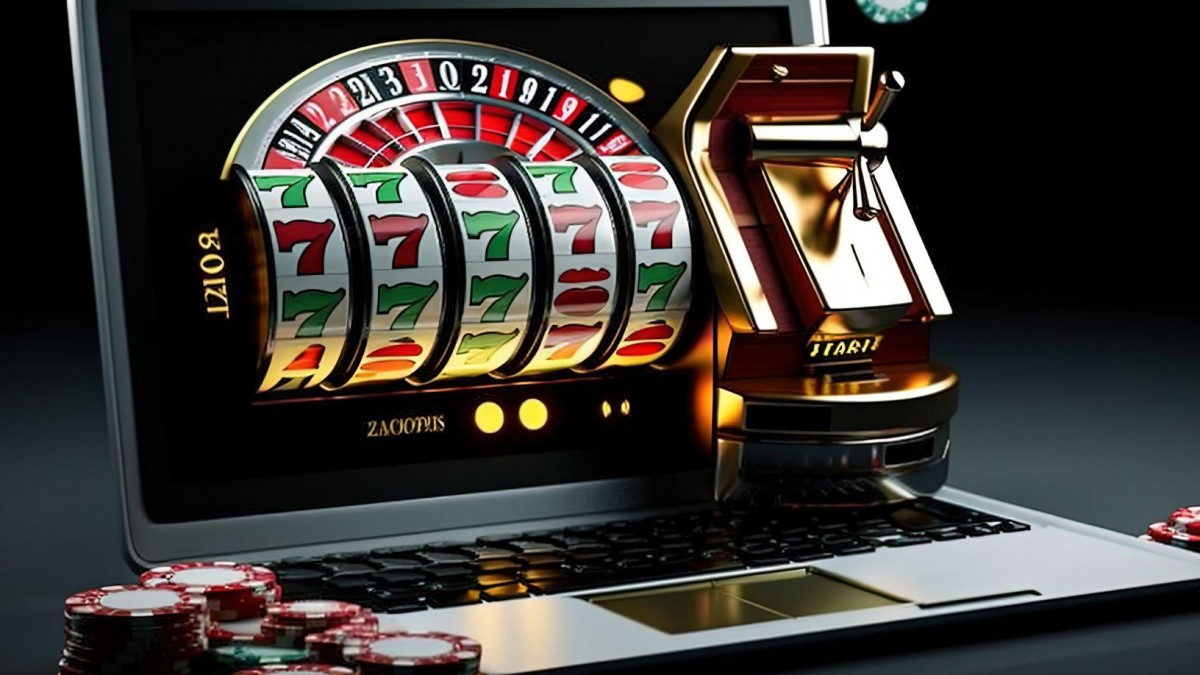Lotteries have been a part of human culture for centuries, offering people a tantalizing opportunity to strike it rich with a single ticket. Whether it’s a massive Powerball jackpot or a scratch-off card from your local convenience store, the allure of the situs sportsbook eslot is undeniable. But have you ever wondered why we’re so drawn to these games of chance? In this blog, we’ll delve into the psychology of the lottery and explore the reasons why we love the chance to win big.
- Hope and Optimism
At the core of our fascination with lotteries lies the powerful emotions of hope and optimism. When we purchase a lottery ticket, we are essentially buying a dream – the dream of financial freedom, the end of our worries, and the opportunity to live life on our own terms. This dream provides a glimmer of hope, even in the face of overwhelming odds. Psychologically, this hope can be a potent motivator, lifting our spirits and providing a sense of purpose, no matter how fleeting it may be.
- Escapism
The allure of winning the lottery often serves as a form of escapism from the daily grind. Many people find themselves trapped in the monotony of work, bills, and responsibilities. The prospect of winning a life-changing sum of money offers a brief escape from this routine, allowing individuals to fantasize about a world without financial constraints. This mental escape can be a refreshing break from reality, even if it’s short-lived.
- The Illusion of Control
Humans have an inherent desire for control over their lives. Lotteries tap into this desire by giving us the illusion of control. We choose our numbers, buy our tickets, and anxiously await the draw. This sense of agency can be empowering, even if we recognize that the outcome is largely random. The act of participating in the lottery gives us a semblance of control over our financial destiny.
- Social Validation
The lottery is a social phenomenon as much as it is an individual one. It’s not uncommon for friends, family members, or coworkers to pool their resources and buy tickets together. This communal experience fosters a sense of belonging and shared excitement. Winning together amplifies the joy, and even when the prize is small, it becomes a memorable bonding experience.
- Availability Heuristic
The availability heuristic is a cognitive bias that makes people overestimate the likelihood of events that readily come to mind. In the case of lotteries, the media often highlights the winners, showcasing their extravagant lifestyles and emphasizing the possibility of winning. This constant exposure reinforces the idea that winning is achievable and prevalent, despite the astronomical odds.
- Risk and Reward
Lotteries provide a unique opportunity to experience the thrill of risk-taking without severe consequences. People are naturally drawn to high-risk, high-reward scenarios, and lotteries encapsulate this perfectly. The small investment required for a ticket feels inconsequential compared to the potential payoff, making it an attractive proposition for risk-takers and thrill-seekers.
Conclusion
The psychology of the lottery is a fascinating blend of hope, escapism, the illusion of control, social validation, cognitive biases, and the allure of risk and reward. While the odds of winning a lottery jackpot are exceedingly slim, the emotional and psychological benefits of participation are undeniable. Lotteries offer a brief respite from the mundane, a chance to dream, and an opportunity to experience the thrill of possibility. Understanding the psychology behind our love for lotteries can help us appreciate the complex interplay of human emotions and aspirations that these games tap into, and why they continue to be such a pervasive part of our culture.
